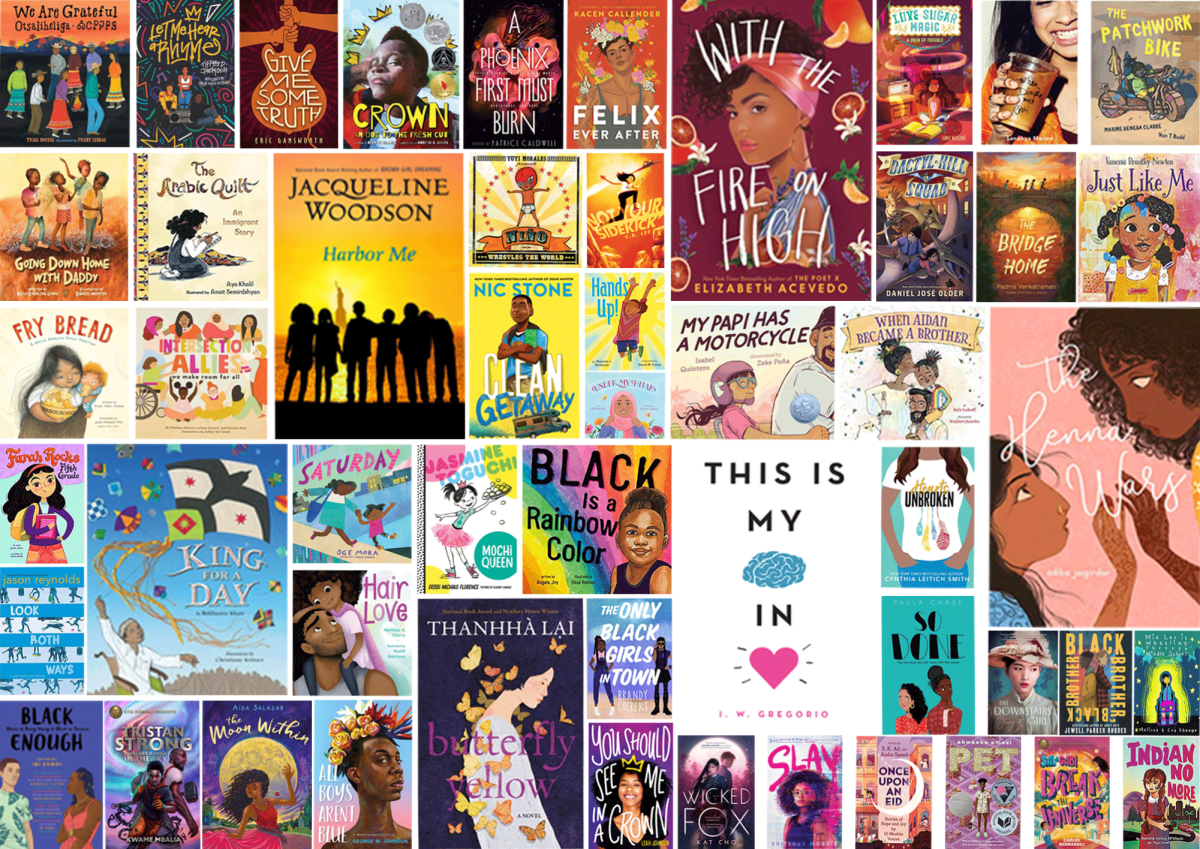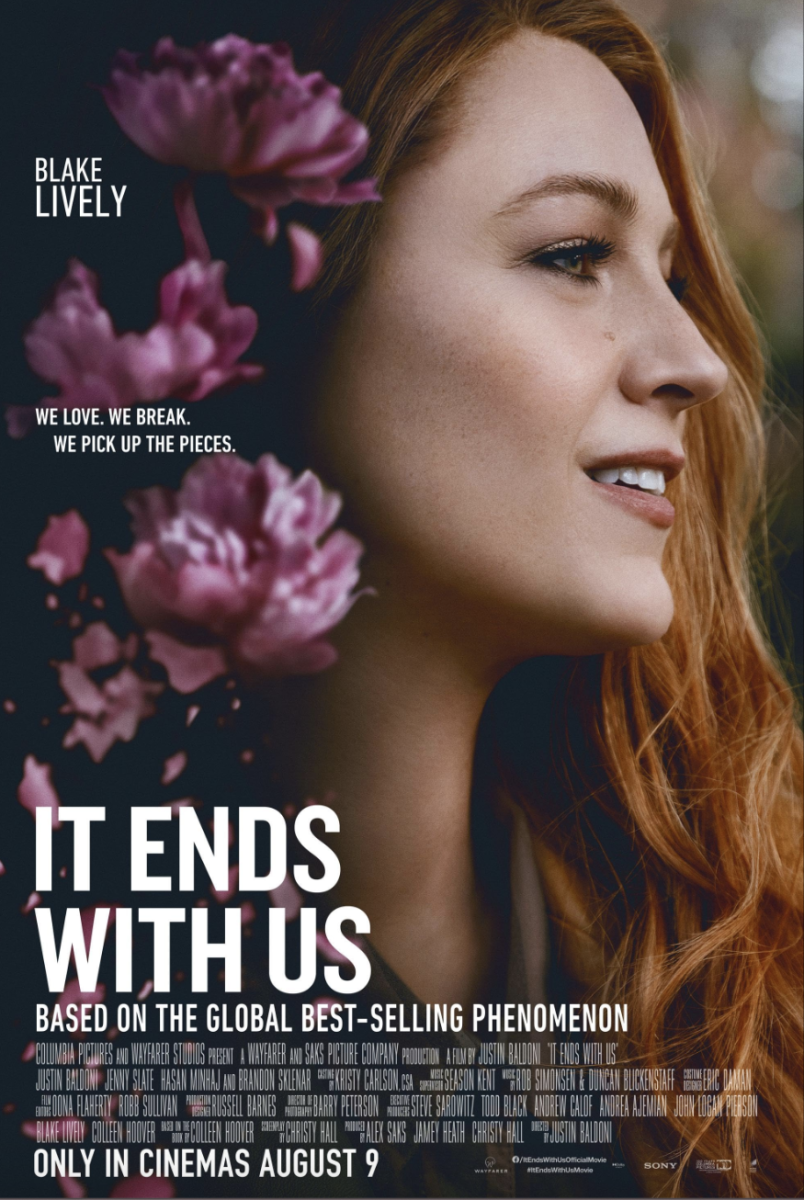With some ink on a series of papers turned to pages, neatly glued together, and enclosed by an intricately decorated cover, books possess the magic to transport us to different worlds. They enchant us with novel experiences, perspectives, and challenges. But what happens when these stories only reflect one world?
Diversity in literature is a widely debated topic. Ms. Kelly Bousum, an English teacher at Hunterdon Central, believes that “…it’s important that readers see things from different lenses and perspectives.” Diversity in literature can mean many different things: Gender, race, ethnicity, ability, sexual orientation, religion, culture, and more are valuable characteristics that should be represented in the books we read. “When I started teaching 30 years ago, I wasn’t teaching multicultural literature as much as I am today,” shared Ms. Bousum. “Back then, we read a lot of books written by dead white males, like Hemingway and Shakespeare. While I think there’s absolutely a place for them, I think there really are more stories being shared, and diverse literature allows every reader to find books they can relate to.” Reading is more enjoyable when there are characters you can connect to, so cross cultural stories can help foster a sense of community for typically underrepresented readers. As of 2018, only 1% of children’s novels featured BAME (Black, Asian, and Minority Ethnic) protagonists, and as of 2017, 3.68% of books for children and teens featured LGBTQ+ characters. If literature is a reflection of society, it should represent everyone in our society.
Diverse literature can also positively impact individuals who, like myself, fall into majority groups. USA Today bestselling author Sara Ackerman made a relevant analogy in an article for the New York Times. Her statement explains that books can serve as both mirrors and windows for readers. As mirrors, books reflect characters that readers can relate to and see themselves in. As windows, books provide an opportunity for readers to learn about and understand people who are different from them. “I’m always pushing my students to read from other perspectives. I think that’s going to affect everyone, in a way,” Mrs. Bousum said. “However, if you’re not interested in reading books from a particular perspective, I’m not forcing that on you. I’m always looking to give everyone a choice.” Reading about different viewpoints and opinions can help people be more empathetic and understanding of different groups. This can ultimately impact many people, and promote change within society. “That’s how we learn and grow, by thinking: How do other people see the world, and how do you compare or relate to those perspectives?” Ms. Bousum pointed out. By describing the issues that people around the world struggle with, diverse literature can serve as a forum for social commentary that motivates readers to fight for change. This is a perfect example of how literature can impact our society.
Yet still, this remains a controversial topic. “People might be afraid of the way those works are being taught. Sometimes diverse literature can be upsetting or sad because of the topics it looks at, but that’s how we learn to think and be empathetic,” said Ms. Bousum. “I ask students to be brave and step outside their comfort zones. What’s wrong with reading from a lens that’s maybe not your opinion or attitude?” Even if you may not agree with a certain book’s perspective, simply by reading it, you have broadened your scope of literature and of various perspectives. With an ever-changing world and one that is growing more diverse at that, it has become imperative to understand the perspectives of all the various groups present.
If you want to expand your reading list to include a wide range of books, various resources can help you, such as our very own IMC. “Our librarians are so good at offering those diverse topics, so you don’t even have to leave campus to find some great books from all different perspectives and lenses,” suggests Ms. Bousum. “One thing I love about teaching at Hunterdon Central is that we offer so many opportunities for students to read. Our library does not censor, and that’s so amazing. I love it.”
Diverse literature offers countless unique points of view on the society we live in. While it may be uncomfortable or challenging at times, exposing oneself to different perspectives and experiences can ultimately lead to a more complex and compassionate understanding of the world. As we celebrate Read Across America week, why not take the opportunity to explore a more diverse selection of books? There are all sorts of stories out there just waiting to be discovered!






